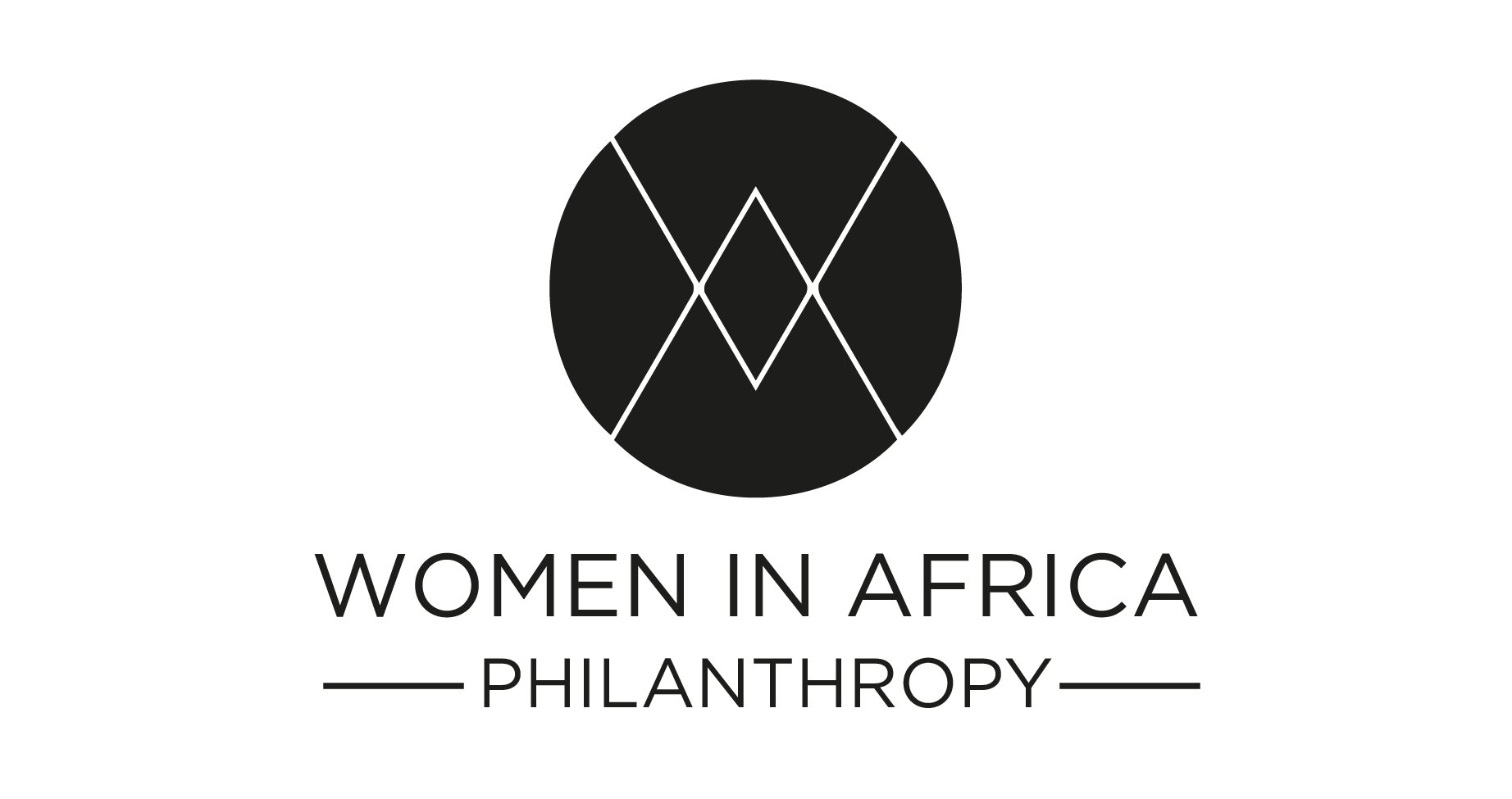Africa is currently experiencing the Fourth Industrial Revolution. According to you, what are the strengths of the African continent in terms of digital transformation?
Africa is a growing continent with a young and tech-savvy population, much more than anywhere else in the world. Atos has understood this challenge. Therefore, our company has been investing for several years on the continent by creating delivery centers in Morocco and Senegal. On the one hand, demographic development, and on the other hand the tremendous creativity of its population are real assets that our group has integrated into its medium- and long-term strategy.
What is Atos’ priority on the continent and in what areas do you operate?
Our ambition is to become the number 1 partner in the digital transformation of African economies through a 3-point approach:
- We offer our services to any company seeking to modernize its processes through digitalization, in order to meet the business needs of our customers.
- We propose, in partnership with African digital companies to local companies, offers and solutions adapted to the African context in order to support their growth and enable, in particular, the creation and development of so-called reverse innovation products or services. That is to say products designed and developed in Africa that are exported to the global market.
- We develop «digital offshore» capabilities of African engineers so that they become a reference in the field, as is the case for example of Indian offshore IT centers.
To what extent Atos is committed to the feminization of its workforce?
We firmly believe that diversity is an important driver of growth and performance. The Group has set itself ambitious goals to continuously improve gender equality.We have implemented a number of initiatives at the international level to support women at all levels of the company and facilitate their access to key positions – including the “Women Who Succeed” program, several talent management programs, or a mentoring system to support women in senior management positions. The percentage of women in high-level positions is thus clearly increasing within the Group. We are also on the Parity.org list of companies most involved in the advancement of women’s careers.
What advice would you give to young graduate women who would like to be part of a world-leading digital transformation group like Atos?
If I may say so, I will give two types of recommendations. My first advice constitutes the foundation of essential values to the success of a project, that is to say : work, obsession, a sense of responsibility and impeccable ethical behaviour. The second advice would be more specific to Young Women : do not hesitate to express your ambition to have more responsibilities in the Company in order to implement not only the strategy but also their ideas and initiatives.
The WIA Code Senegal program was launched in June 2021 at Mariama Bâ School to train 35 young girls to the digital skills needed for the future. What do you expect from this program?
We are proud to contribute to the training of young girls in technology, and to provide them with the skills that will help them face the future technological challenges in Africa. Thanks to the technical and training resources we make available to them, as well as the support provided by Atos employees, we create the best conditions for them to develop their digital skills. This program will help build their confidence, and the adult women they will become in the future will play a key role in the digital transformation of the continent.
Why did you want to commit with WIA to train young students in digital and more broadly support African women contributing to the continent’s economy?
By training girls in technology and digital programs, we want to prepare African women for the jobs of tomorrow and help train the next generation of young digital innovators from the continent.
On a more personal note, you were born in Senegal, you travelled the world for different missions. Do you plan to return in Africa some day?
Yes absolutely, and in my current position I am often on long-term travel to the continent and I plan to devote more of my time to Africa in the future to work on projects to digitize African economies.
Do you have any advice for members of the diaspora considering a return to Africa?
It’s hard to give advice because every case is different. However, what we must avoid is to return to the country without any preparation. It is necessary, as far as possible, to have a professional project in a Company in the broad sense, which will facilitate the return, or to develop a personal project whose viability will have been tested beforehand (added value, existence of market, customer solvency, etc.) We must not be optimistic or pessimistic, but realistic.
What is your vision of the digital Africa of tomorrow and which role Atos wants to play in it?
I see an Africa with a still young population, compared to the rest of the world, using technologies based on modern, secure and low-carbon infrastructures by the widespread use of renewable energy.
I also see an Africa that is developing through start-ups that are creating innovative products that are useful for Africa and the rest of the world and, finally, the strengthening of the capacity to carry out, from Africa, digital projects in offshore mode.
These 3 topics form the basis of Atos’ strategy in Africa, (1)making available to our clients the portfolio of Atos services integration, Big Data and Cybersecurity offers, (2) taking part in strengthening the start-up ecosystem, and (3) recruiting engineers from Africa or from the diaspora to carry out local and offshore projects.
Africa has the highest rate of women entrepreneurs in the world (24%), many of whom create innovative digital solutions, what do you think is the future of women entrepreneurship on the continent?
Female entrepreneurship in Africa is indeed very dynamic, in all sectors of economic and social life, and this is also true in the Digital sector.
I am convinced that the development of our continent will only be achieved through the establishment of initiatives promoting more women’s involvement in the formal economy.

